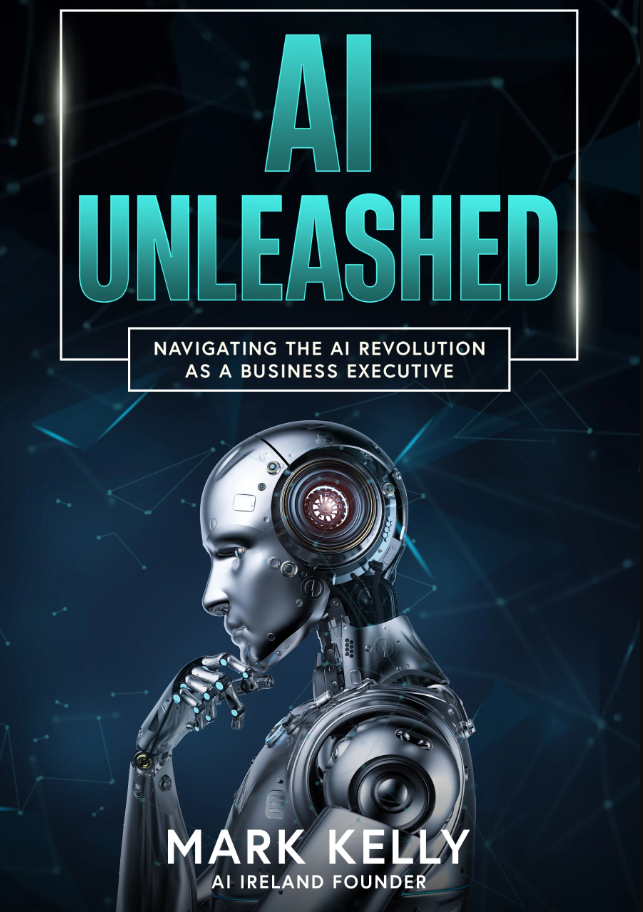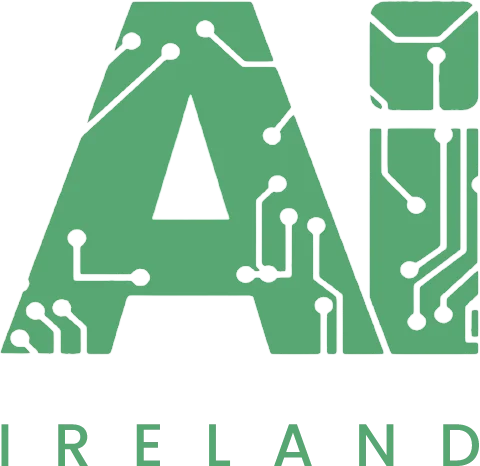Welcome to episode E140 of the AI Ireland podcast, the show that explores the applications and research of Data Science, Machine Learning and Artificial Intelligence on the island of Ireland.
Our mission is to increase the use of AI for the benefit of our society, our competitiveness and everyone living in Ireland.
Today’s guest is Nancy Rademaker, International Keynote Speaker & Co-Founder at Drawify and Speakers Club. As one of the few female keynote speakers to cover the impact of digitization on customer behaviour, Nancy likes to share her first-hand experiences straight from the places where technology is shaping our future. With over 25 years of experience in business, IT and Education, Nancy’s main focus remains on PEOPLE. She has always been enthusiastic about people and both customer-centric and employee-centric strategies.
Nancy likes to focus on how technology influences people’s behaviour and how it helps them to share knowledge and to create and innovate. She loves energizing roundtables, boardroom sessions and corporate events with bold presentations on the topics of digital transformation, innovation, extreme customer centricity, employee experience, disruption, AI, business model change and leadership.
Topics include:
- Adapting to rapid tech changes and evolving human traits
- How AI encompasses more than ChatGPT, alleviating job fears
- AI aids rather than replaces, enhancing human capabilities
- Customized AI with human oversight to enhance user experience
- Fostering innovation while ensuring compliance and exploration
Subscribe to the AI Ireland Podcast

AI Unleashed: Navigating the AI Revolution
Accessible for purchase on Amazon, AI Ireland’s latest book “AI Unleashed: Navigating the AI Revolution,” is your must read this month. For executives, policy architects or technology aficionados seeking to make sense of the intricate world of AI, “AI Unleashed: Navigating the AI Revolution” is your essential handbook. Available on Amazon Kindle or hard copy, this book furnishes you with the expertise and instruments required to employ AI both effectively and ethically.
Book an AI Presentation with AI Ireland today
Discover tailored presentations designed to meet the unique needs of your industry. Gain invaluable insights into the transformative power of AI technologies, ensuring your organisation stays ahead of the curve. Equip your team and stakeholders with the knowledge they need to confidently embrace the future.
Don’t miss the chance to enlighten your team and explore how innovation is positively impacting your industry. Secure your presentation now!






